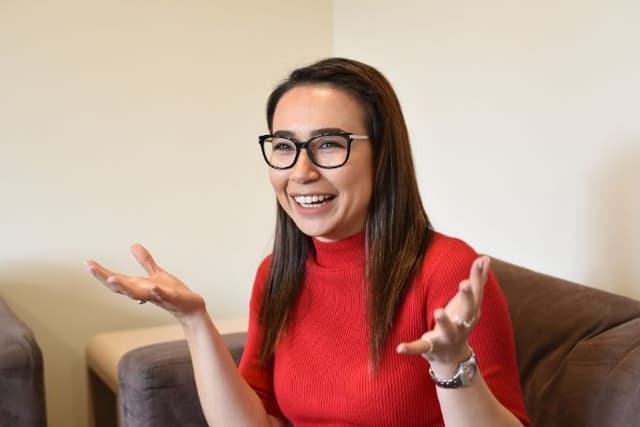
Our Stories - Shabnam's Refugee Experience Settling in Australia
Lesson2 of 2 in this unit
SecondaryYear 8 - 9Humanities and Social SciencesCivics and CitizenshipSocialEqualityHomelessnessHuman RightsSocial Action
Summary
Lesson Guides and Printables
Lesson Plan

Student Worksheet

Teacher Content Info
